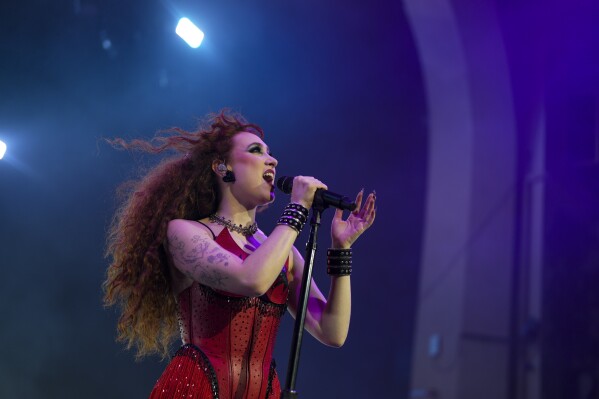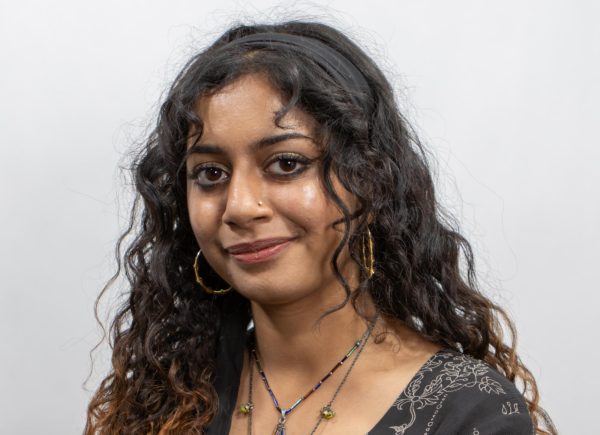After speed-running her way to stardom, Chappell Roan found the experience difficult.
From obsessive fans, to vicious hate trains, she’s fallen victim to the same fame-trap many celebrities know well: Have a backbone or become sterile and digestible.
Her most recent run-in with the toxicity of the parasocial relationship between herself and her fans involves the upcoming presidential election.
In an interview with The Guardian, she said she didn’t plan on endorsing a presidential candidate as there are problems on both sides.
The swift backlash in response to her statement was disappointing. The amount of blind allegiance people have to candidates who are actively funding a genocide is troubling.
With the lighthearted memes and active rallying on both sides despite deadly policies, it’s morally sound for a celebrity to refuse to play into the desensitized spectacle.
After the fallout, Roan released a statement saying, “So yeah, I’m voting for f—ing Kamala.”
However, she stood by her original stance. We need to be critical of politicians.
I’m losing faith in the public’s ability to evaluate political information after seeing some of the replies to her statements.
The hero worship seen with politicians in the U.S. is reflected in celebrity culture.
The U.S. is unique in the way its political parties bank on celebrity endorsements. It’s a tangled mess of status, influence and power with no transparency.
Roan’s rejection of becoming a polished figure for the public comes with consequences.
Celebrity culture in the U.S. is predatory. Fans project what they want their favorite celebrity to be without regard to who they are.
When Roan strayed from the image her fans had of her, they attacked her as if they knew her personally.
Due to this culture, Roan needs to take steps to protect herself, such as limiting her public appearances and commentary on issues she feels passionate about.
It isn’t fair, but the predatory culture will not change anytime soon. It will probably get worse.
Roan actively tries to put forth boundaries between her and her fans. From declining photographs to cancelling concerts, to prioratizing her mental well-being, she is committed to putting herself first.
This kind of pushback from a celebrity can polarize fans but it is within her right.
Ideally, the reliance on presidential candidates for social change would be replaced with local efforts to build community and support systems devoid of discrimination.
These efforts are happening in every pocket of the U.S. and would benefit from as many supporters as they can get.
To combat the despair permeating our society, students should prioritize getting to know their community on a low-stakes scale.
There are local book clubs, library programs, fundraisers, artbased meetups, volunteer drives and even just taking the initiative to invite your friend out for lunch.
The more we rely on our immediate community, the less we feel the need to get caught up in parasocial relationships with celebrities and politicians.
























